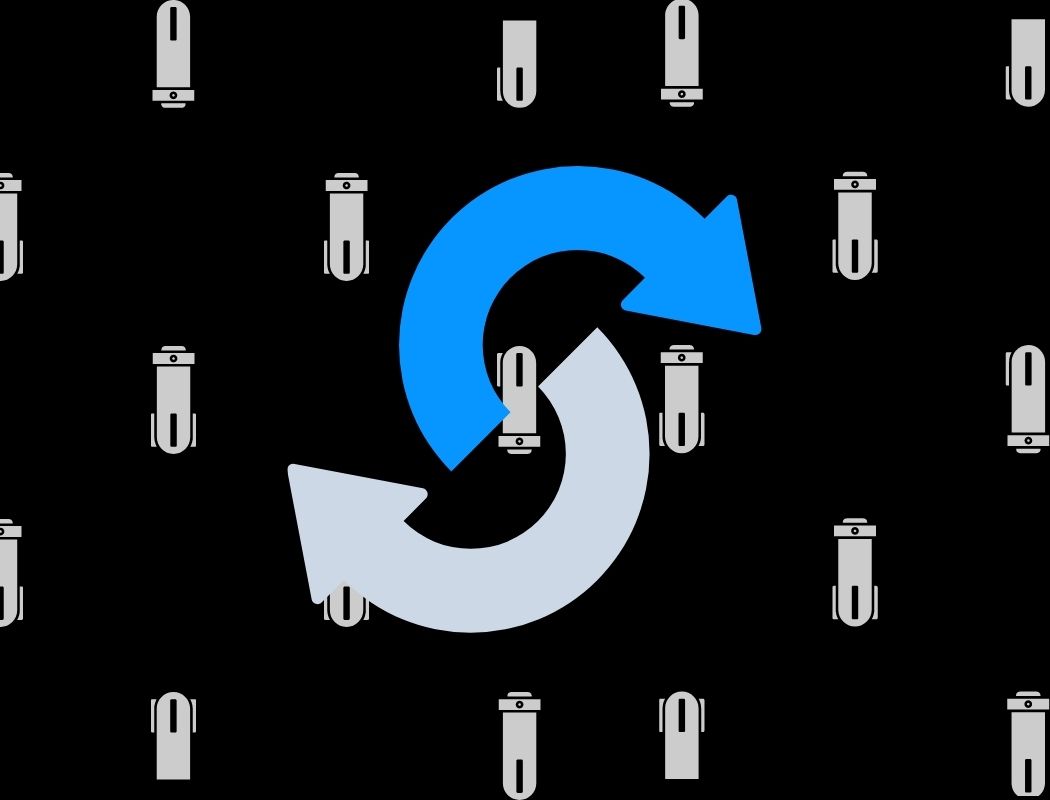There are two different major categories of pumps, conventional sealed pumps and sealless pumps. Conventional sealed pumps require a seal system, typically with a mechanical seal. Sealless pumps do not require a seal and magnetic drive pumps are an important type of sealless pumps. They are used in applications where leaks cannot be tolerated or with liquids that are difficult to seal. Magnetic sealless pumps, also called magnetic drive, mag drive, or magnetic coupled pumps, differ from traditional pumps as the electric motor is coupled to the pump with a magnetic means instead of with a direct mechanical shaft.
The mag drive pump operates with a drive magnet that eliminates any shaft sealing which is a major advantage in many applications. Magnetic coupled pumps do have some limitations with power ratings and cannot be used in some applications.
Magnetic Drive Pump Applications
Magnetic drive pumps are used in applications where the leakage of the fluid being pumped would pose a significant risk such as with corrosives, pollutants, exotic materials, risky liquids and toxic fluids such as sulfuric acid and other chemicals. Mag drive pumps are also useful with hard to seal and ultra-pure liquids.
Sealed pumps may leak over time and pose a risk if these types of fluids should leak. If using sealed pumps for these types of fluids they can require increased maintenance and complex, double types of seals to prevent hazardous fluids from leaking which can cause environmental pollution and safety hazards.
Difficult liquids are also ideally pumped with mag drive pumps like liquids that can crystallize on seal faces which can also cause the seal to fail. In these cases, a permanent flush system can run to the seal but this requires increased maintenance and energy usage. A magnetic drive pump is a better solution for difficult liquids.
Benefits of Sealless Pumps
Magnetic sealless pumps have no risk of leakage unless the pump casing itself is broken. In sealed pumps, the seals are one of the major reasons for pump repairs, maintenance and unscheduled downtime. Eliminating the seals is an improvement in reliability and performance. Eliminating the seals eliminates the risk of leakage allowing for corrosive fluids to be pumped without spillage.
Eliminating the seals also eliminates excess noise and friction loss. There is basically no heat transfer from an electric motor because the pump chamber is completely separated from the electric motor. The magnetic coupling softens spike torques or shock and in extreme situations can act as a fuse.
Metallic and Non-Metallic Magnetic Drive Pumps
Magnetic drive pumps can come in various metallic and nonmetallic materials. Some magnetic drive pumps are polymer lined and provide improved resistance to corrosion. Various polymer coatings like polytetrafluoroethylene (PTFE), polyvinylidene fluoride (PVDF), or perfluoroalkoxy alkanes (PFA) may be used for non-metallic lined pump options and usually operate below 90°C. Metallic magnetic drive pumps can be used in higher temperature applications.
Features of Magnetic Drive Pumps
Some of the most common features of mag drive pumps include:
- High resistance to corrosion
- No leaking shafts
- Reliable performance
- Simple design
- Easy maintenance
- Less down time
- Improved safety
- Versatile applications
These are some of the most beneficial features of sealless magnetic drive pumps. Ask your pump specialist at IPE for more information and if a mag drive pump is ideal for your application.
Contact IPE Today


